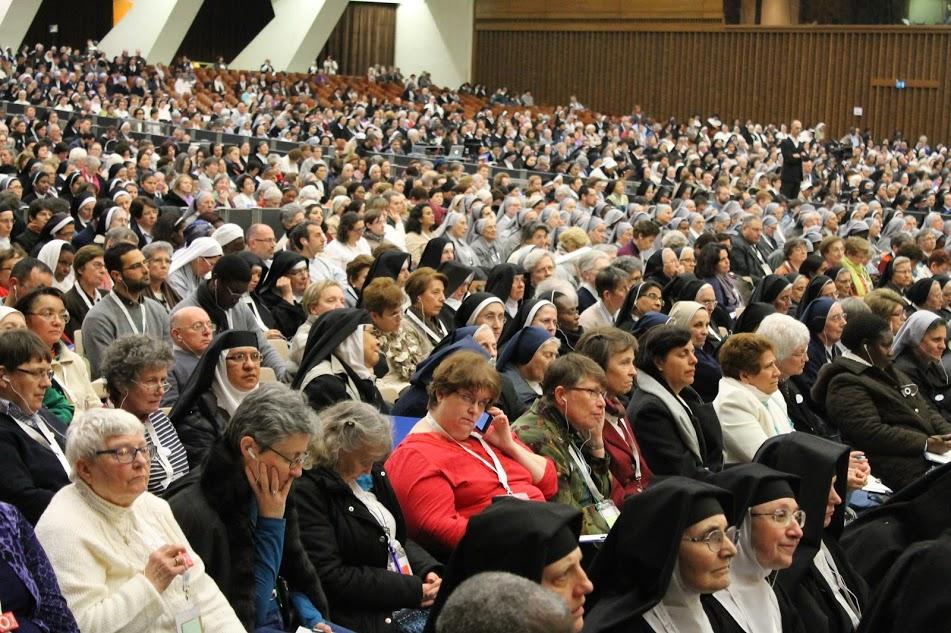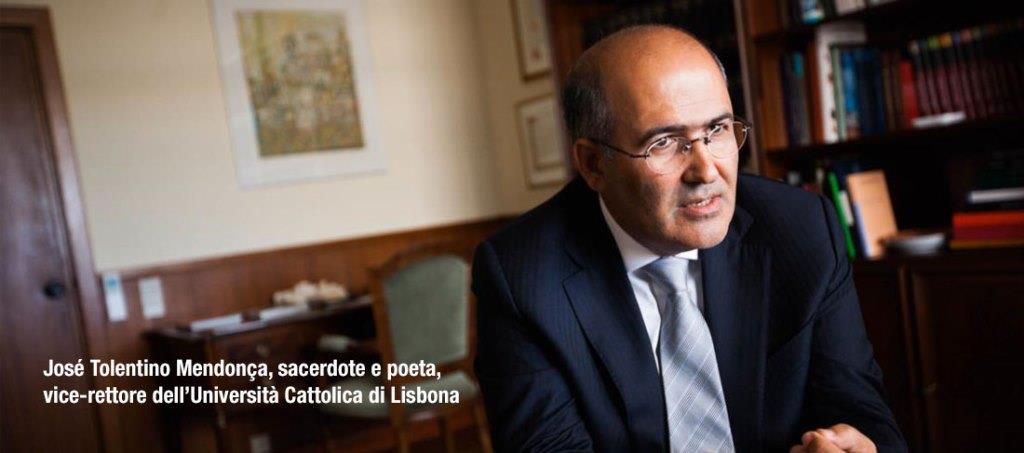Daniel Comboni
Comboni Missionaries
Institutional area
Other links
Newsletter
Monday, February 28, 2022
We live in the postmodern era, where everything happens fast. This is not always a good thing. It is not by chance that we see the emergence of initiatives aimed at slowing down the pace. Movements such as the Slow Food Society show that there is a need for time and space dedicated to meeting, without frenzy.
But this is already the behaviour of a virtuous few. We cannot deny that the majority of the world’s urban population is increasingly driven by quick decisions, fleeting encounters, and therefore superficiality in human relationships.
This is one of the themes Pope Francis addresses in the sixth chapter of Fratelli Tutti. This ‘crisis’ of relationality is well reflected in the rise of digital applications of socialisation. Although some of these prevalent in the past have now faded away, others have taken their place. Through these media, it is possible to communicate quickly with both known people and a wide audience. This gives rise to ‘friendships’ based on an anonymous and totally fleeting encounter. The other side of the coin are the violent and hateful messages, the blunt, unappealing judgements that carry so much weight in the lives of young people and structurally weak individuals.
In both cases, superficiality and a lack of responsibility dominate these social media. This is facilitated by the anonymity accorded to the users of these applications. It is true that one has to register and give certain data that can lead to the identification of the various clients. It is also true that this identification takes place when the damage is done. Covered by a ‘nickname’ or a ‘username’, it is easy to take the high ground, make judgments, solicit minors and so on.
Even when there are no ethical ambiguities, the question remains of the superficiality of a fast, ungrammatical communication – both from a linguistic and an experiential point of view – aimed at avoiding a real emotional involvement with the other person. It is no coincidence that, among young people the use of the telephone is also declining, while they are increasingly dependent on the communication possible with a smartphone and some social media applications.
Francis reminds us that true dialogue requires the presence of the person, the deepening of the truth, recognising differences, but also finding common ground for exchange and mutual enrichment. The alternative is to give precious space to resurgent populism and totalitarianism. Or to fail to notice the growth of phenomena of cultural and financial colonialism to the detriment of the poorest.
With some surprise, the Pope makes an appeal for a return to kindness (FT 223 and 224). Perhaps we would not expect a Pontiff to write about the importance of good manners in an encyclical. Yet “kindness is no superficial bourgeois virtue. Precisely because it entails esteem and respect for others, once kindness becomes a culture within society it transforms lifestyles, relationships and the ways ideas are discussed and compared. Kindness facilitates the quest for consensus; it opens new paths where hostility and conflict would burn all bridges” (FT 224).
Fr. Giuseppe Caramazza mccj
[combonimission.net]




